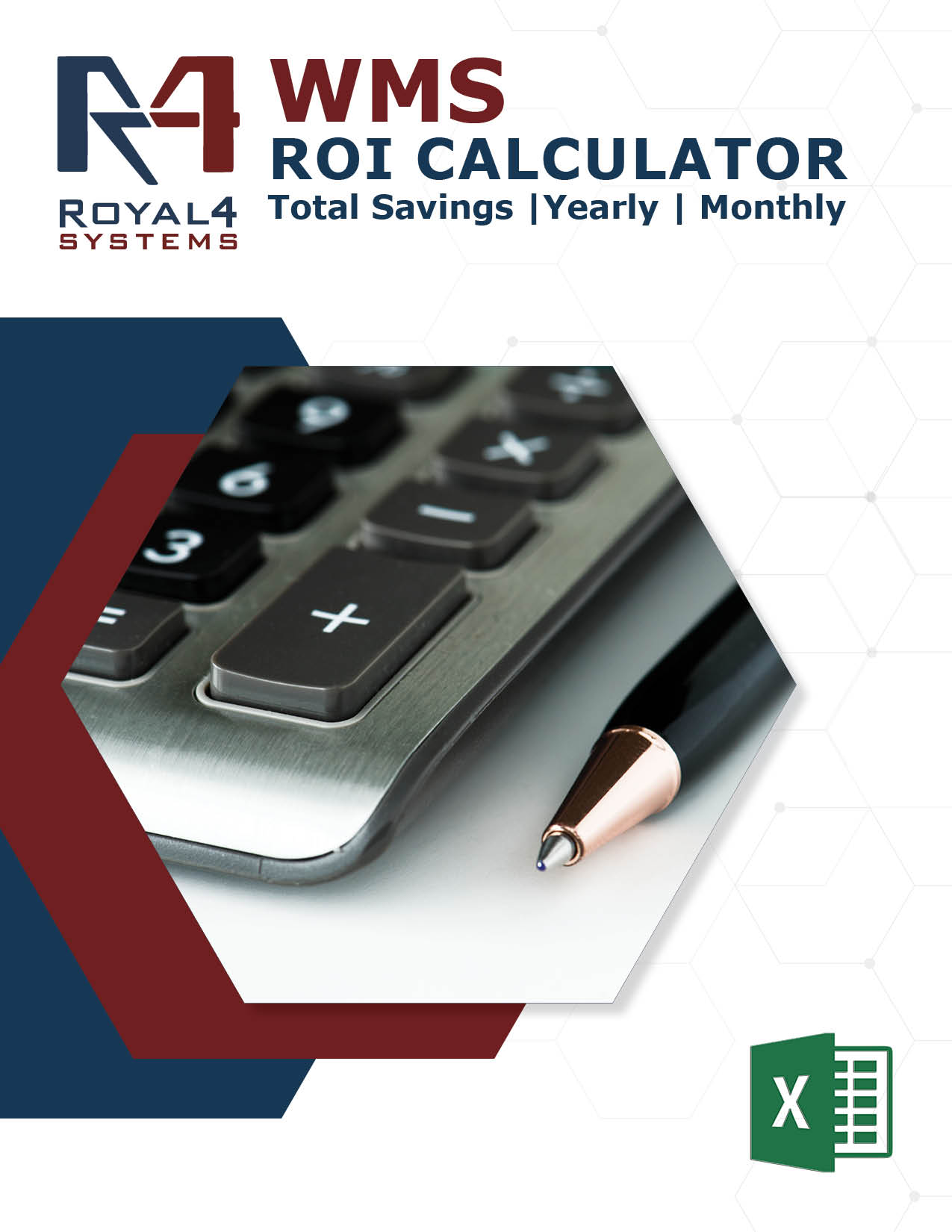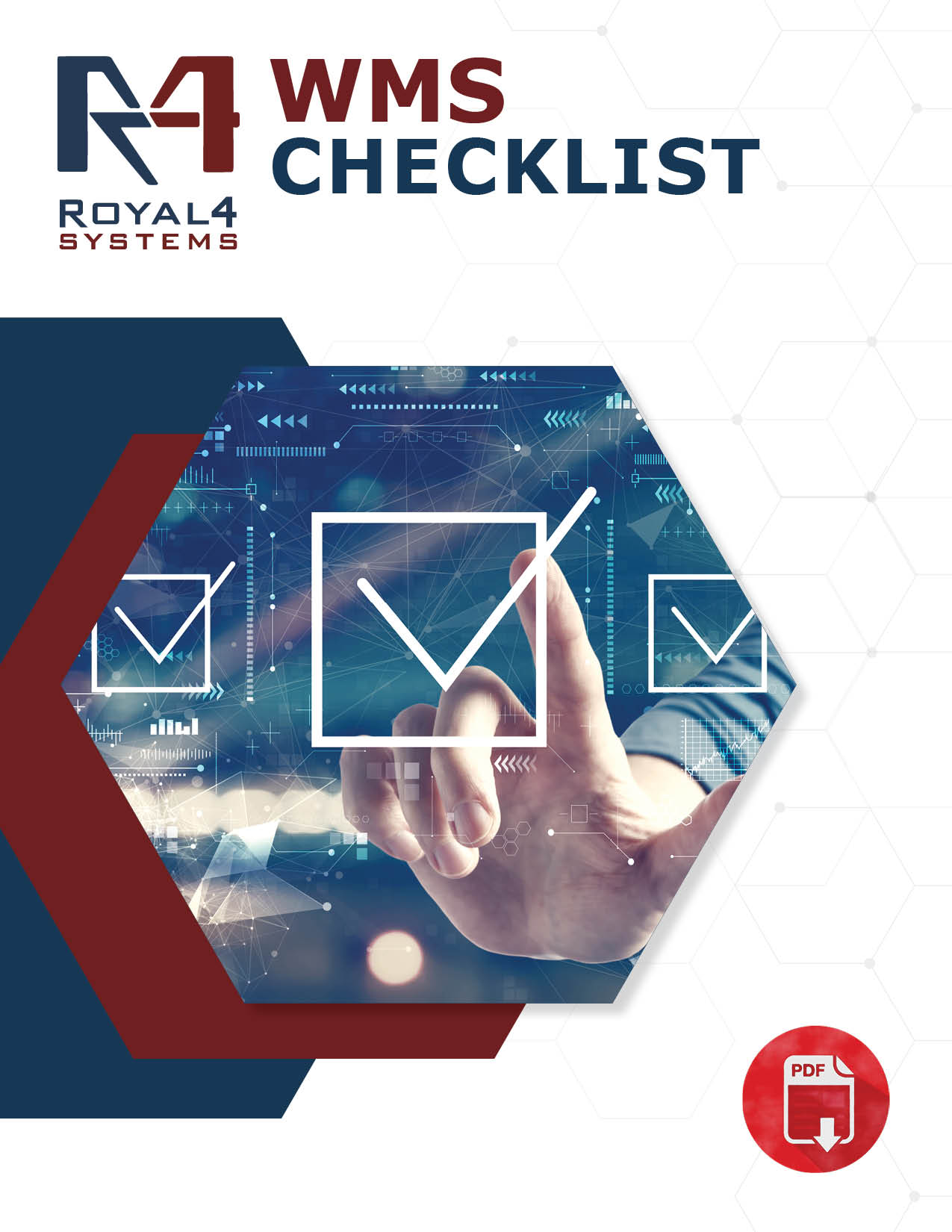
Problem 1: Inventory Management Woes
One of the primary challenges used car dealerships face is the complex nature of inventory management. With various vehicle makes, models, and conditions, keeping track of stock, pricing, and availability can become a nightmare. Manual tracking often leads to errors, lost sales opportunities, and overstocking or understocking of particular models.
Solution: Streamlined Inventory Control
ERP systems offer robust inventory management features that automate the tracking of vehicles from acquisition to sale. These systems enable dealerships to monitor stock levels, update pricing information, and manage reconditioning processes efficiently. This real-time visibility helps dealerships make informed decisions, optimize stock levels, and reduce carrying costs.
Problem 2: Disjointed Processes
In many used car dealerships, various departments work in silos, leading to fragmented processes and communication breakdowns. Sales, finance, and service departments often operate independently, causing delays, errors, and frustration for both staff and customers.
Solution: Unified Operations
ERP systems integrate diverse dealership functions, creating a centralized platform where departments can collaborate seamlessly. Sales data, customer information, financing details, and service requests are accessible to authorized personnel, promoting efficient communication and ensuring a consistent customer experience. This cohesion enhances internal efficiency and reduces errors caused by manual data transfer.
Problem 3: Lack of Transparency
Transparency is crucial in the used car business to build trust with customers. Unfortunately, the industry’s reputation has suffered due to instances of hidden information about vehicle histories, pricing, and terms. This lack of transparency can deter potential buyers and damage a dealership’s credibility.
Solution: Enhanced Customer Confidence
ERP systems enable dealerships to maintain comprehensive records of each vehicle’s history, including maintenance, repairs, and ownership. You can share these records with customers to instill confidence in the vehicle’s condition and history. Additionally, ERP systems facilitate accurate pricing based on market trends, reducing the likelihood of price-related disputes and enhancing transparency throughout the sales process.
Problem 4: Manual and Time-Consuming Processes
Traditional manual processes, such as paperwork, data entry, and invoicing, can consume valuable time and resources. This inefficiency affects staff productivity and leads to delayed transactions and a slower customer service experience.
Solution: Automation for Efficiency
ERP systems automate many of these manual processes, from generating sales contracts to managing warranties and tracking service appointments. Automation reduces human error, minimizes paperwork, and accelerates the sales cycle. This efficiency translates into improved customer satisfaction and increased sales throughput.
Summary
The challenges that have long plagued used car dealerships are manageable. Implementing ERP systems marks a pivotal turning point for the industry, offering a comprehensive solution to long-standing problems. By providing streamlined inventory management, unified operations, enhanced transparency, and process automation, ERP systems empower dealerships to operate more efficiently, provide a better customer experience, and restore trust in a market that sorely needs it. As the used car industry evolves, embracing ERP systems might be the key to staying competitive and thriving in an increasingly demanding market.
Request a Consultation
Need more information?
Solutions






![image001[25]](https://www.royal4.com/wp-content/uploads/2023/11/image00125.png)